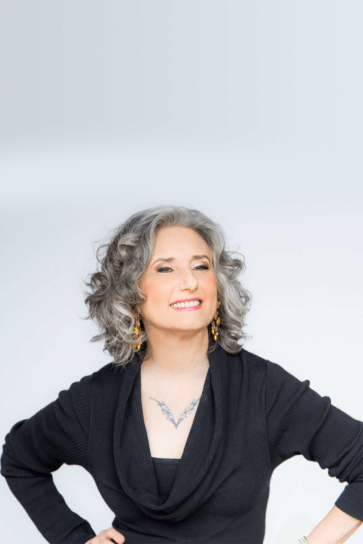How many midlife crises have you had? Most people have more than one.
I’ve had three.
Being diagnosed over forty with ÅDHD can certainly be experienced as a midlife crisis. Although I would argue that ‘crisis’ is a misnomer. The fabled phenomenon of the midlife crisis is more like an emergency, which describes the emergence of something. Which is how I view any sort of diagnosis (or epiphanic moment, for that matter.)
We can emerge stronger from these developmental experiences, especially if we don’t isolate as a response to them. Isolation is counter to emergence. To emerge is to come out into the light of day, to become visible, first to ourselves, then to allow ourselves to be seen by others. The process can be difficult, perhaps painful, but on the other side, the understanding gained is a big fat relief.
I remember when I was diagnosed with Bipolar II. It explained so many things. The circumstances revealing that mental makeup were certainly horrific, but my awaking to it marked the end of my version of the classic, tearing-my-life-apart mid-life crisis. I could see what was going on under the hood, and start dealing with it.
It’s funny how a piece of information can put an entire lifetime in perspective. That can happen when a neuropsychological diagnosis is properly made. Eric Maisel, who writes the Rethinking Mental Health blog for Psychology Today, believes that mental health labels ought to be rethought. On one hand I agree, and he makes a very good case for eliminating them altogether.
On the other, just as a social media ‘handle’ allows us to partake in digital communications, an accurate diagnosis can give us a ‘handle’ on a cluster of symptoms that have plagued some of us for a lifetime without abatement so that we may receive targeted help.
Sure, there are bad players in all of this, but that’s a different blog.
I have tried to go off medication several times, each time very gradually, which is also a different blog. As of this writing, I’ve found that accepting the need for chemical treatment has allowed me to thrive in my life and career.
The same can be true for you if you’ve received an ADHD diagnosis at midlife. Please let me know if I can be of support in helping you integrate this new self-knowledge into your life.


